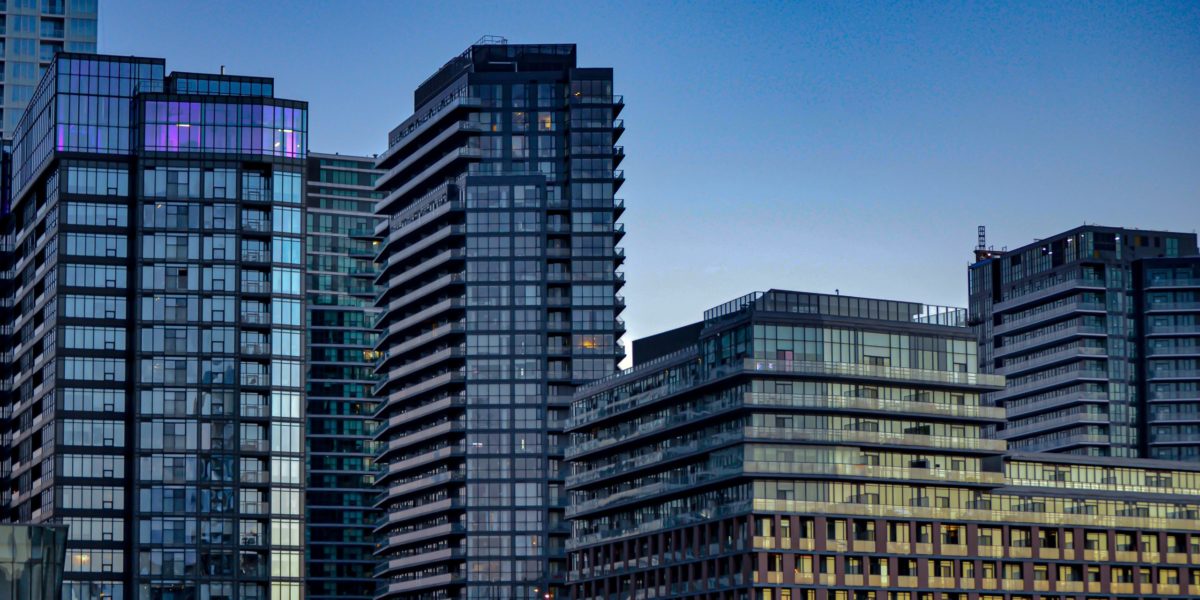Though in this year’s federal budget, the Liberals followed through with prioritizing the Canadian housing crisis, many are concerned that the action plan isn’t enough to bridge the gaps preventing Canadians from acquiring safe, secure, and affordable housing.
The budget focuses on doubling the rate of new units over the next ten years and developing about 200,000 new houses annually. The Finance Canada and the Canada Mortgage and Housing Corporation (CMHC) estimated that Canada will need to build at least 3.5 million new homes by 2031 to address the housing crisis.
The plan will also include a new Housing Accelerator Fund—a $4 billion investment over five years allocated to the CMHC with a focus on increasing supply while expanding the availability of affordable housing. The fund is anticipated to create up to 20,000 new housing units annually over the next five years.
Canadians who are experiencing challenges accessing affordable housing will be eligible for a one-time $500 payment, with $475 million being allocated in 2022-23 for this support.
For prospective homeowners, the First Time Home Buyers’ Tax Credit is doubling from $750 to $1,500. Additionally, a new Multigenerational Home Renovation Tax Credit will also provide up to $7,500 to help homeowners develop a secondary suite on their property for a senior or an adult with a disability.
In addition to the Housing Accelerator Fund, the Liberals are also proposing to bring back the Rapid Housing Initiative for some time, allocating $1.5 billion over two years—again according to the CMHC—to create “at least 6,000 new affordable housing units, with at least 25 per cent of funding going towards women-focused housing projects.”
As for co-operative housing, something advocates and experts have long been calling for more of, the budget would see a nearly $3 billion advance under the National Housing Co-Investment Fund (NHCF), with all remaining funds required to be spent by 2025-26.
“This will accelerate the creation of up to 4,300 new units and the repair of up to 17,800 units for the Canadians who need them most,” the budget reads, noting roughly 250,000 Canadians call co-ops home.
$500 million from the NHCF will be re-routed to launch a Co-operative Housing Development Program to support the creation of more co-op housing for Canadians. That’s in addition to $1 billion in loans from the Rental Construction Financing Initiative, an investment estimated to build 6,000 units.
The budget notes that buildings and homes make up the third-largest source of greenhouse gas emissions in the country, contributing to 12 per cent of Canada’s overall emissions. It pointed out that “more than two thirds of buildings that will be standing in Canada in 2050 have already been built today.”
With reducing Canada’s carbon footprint in mind, the federal government is set to develop a “national net-zero by 2050 buildings strategy…to accelerate both retrofits of existing buildings, and the construction of buildings to the highest zero carbon standards.”
When it comes to eradicating homelessness, the budget proposes $562.2 million over two years to “continue providing doubled annual funding” for Canada’s Homelessness Strategy. But those additional funds don’t kick in until 2024-25.
Ricardo Tranjan—a senior researcher at the Canadian Centre for Policy Alternatives in Ontario—issued a statement on Thursday, noting that it’s clear the federal government “is clearly back in the housing game” but added there’s much to be desired when it comes to helping tenant families.
“This is yet another budget without measures to curb the financialization of housing. By this time next year, even more homes will be owned by speculators rather than by working families. We need to move faster on this front,” Tranjan says.
Tranjan also applauded the extension of the Rapid Housing Initiative, but asked why it hasn’t been made permanent.
“We won’t solve the housing question with piecemeal, year by year commitments. More money going to co-operative housing is also good news; non-for-profit housing is the best and only long-term solution for housing affordability,” says Tranjan.
During a press conference Thursday following the tabling of the budget, Deputy Prime Minister Chrystia Freeland noted “the housing plan is very intentionally overwhelmingly focused on supply-side measures.” She added that “90 per cent of the investment in housing is about driving and increasing housing supply.”
“That’s why the landmark commitment, the landmark ambition in this budget is to double over the next ten years the number of new homes being built every year,” Freeland told reporters.
For NDP Leader Jagmeet Singh, the 2022 Budget delivered on several of the party’s objectives, primarily on the new dental care program for Canadians and the ultra-wealthy paying their fair share.
“The cost of living has gone up: the price of homes, groceries and gas is through the roof,” Singh said in a Thursday statement responding to the budget. “Canadians want us to come together and get to work to help make their lives better, and this is exactly what we have done.”
The budget is expected to be supported by the NDP following an agreement through to 2025, while both the Conservative Party and the Bloc have signaled they will vote against the budget as presented.
April 18, 2022 – Editors note: A previous version of this story incorrectly noted that Canada would need to increase 3.5 million homes by 2021. That number has been updated.



